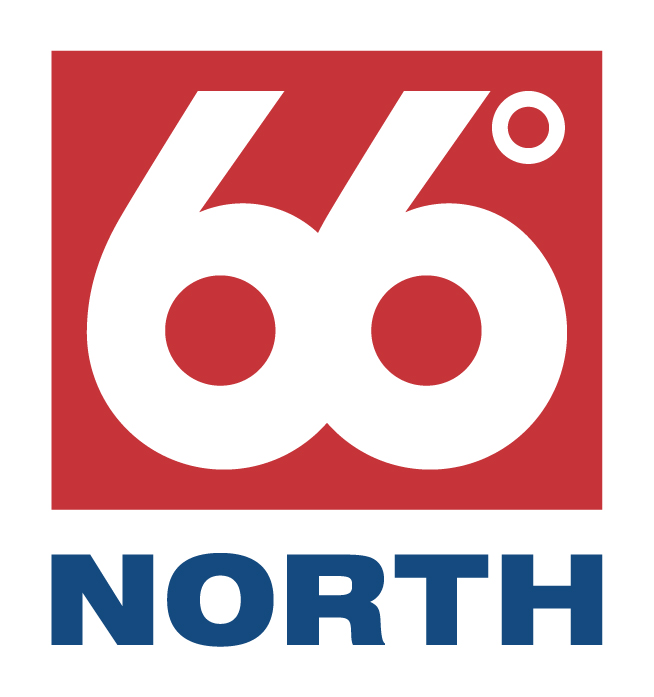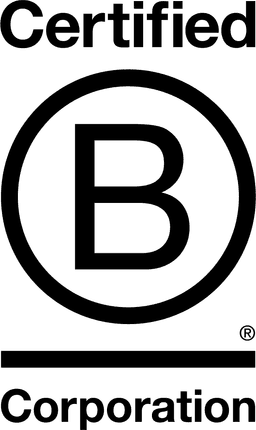

66°North

1.6
Capital Region, Iceland
January 2022
Apparel
Manufacturing
Denmark,
Iceland,
Latvia,
United Kingdom,
United States
66°North was founded in 1926 as a matter of survival for Icelandic fishermen and soon thereafter Icelandic search and rescue teams. Quality, durability, performance, and necessity are our enduring values due to the near-mythical challenges of the unpredictable Icelandic climate and because, as a small nation, our customers have always been our friends, family, and neighbors. Our clothes reflect the sometimes-hostile nature around us and our promise of protection for our community. We want the world to experience the power and beauty of the North. This means clothes that make life and activity possible where there would otherwise be none, and business practices that conserve and protect the North at a time when our glaciers, and natural landscape are under dramatic threat from climate change. This is what we mean when we say our products are “Made for Life.”
Overall B Impact Score
Governance 10.7
Governance evaluates a company's overall mission, engagement around its social/environmental impact, ethics, and transparency. This section also evaluates the ability of a company to protect their mission and formally consider stakeholders in decision making through their corporate structure (e.g. benefit corporation) or corporate governing documents.
What is this? A company with an Impact Business Model is intentionally designed to create a specific positive outcome for one of its stakeholders - such as workers, community, environment, or customers.
Workers 24.9
Workers evaluates a company’s contributions to its employees’ financial security, health & safety, wellness, career development, and engagement & satisfaction. In addition, this section recognizes business models designed to benefit workers, such as companies that are at least 40% owned by non-executive employees and those that have workforce development programs to support individuals with barriers to employment.
Community 16.8
Community evaluates a company’s engagement with and impact on the communities in which it operates, hires from, and sources from. Topics include diversity, equity & inclusion, economic impact, civic engagement, charitable giving, and supply chain management. In addition, this section recognizes business models that are designed to address specific community-oriented problems, such as poverty alleviation through fair trade sourcing or distribution via microenterprises, producer cooperative models, locally focused economic development, and formal charitable giving commitments.
Environment 49.2
Environment evaluates a company’s overall environmental management practices as well as its impact on the air, climate, water, land, and biodiversity. This includes the direct impact of a company’s operations and, when applicable its supply chain and distribution channels. This section also recognizes companies with environmentally innovative production processes and those that sell products or services that have a positive environmental impact. Some examples might include products and services that create renewable energy, reduce consumption or waste, conserve land or wildlife, provide less toxic alternatives to the market, or educate people about environmental problems.
What is this? A company with an Impact Business Model is intentionally designed to create a specific positive outcome for one of its stakeholders - such as workers, community, environment, or customers.
Customers 3.6
Customers evaluates a company’s stewardship of its customers through the quality of its products and services, ethical marketing, data privacy and security, and feedback channels. In addition, this section recognizes products or services that are designed to address a particular social problem for or through its customers, such as health or educational products, arts & media products, serving underserved customers/clients, and services that improve the social impact of other businesses or organizations.